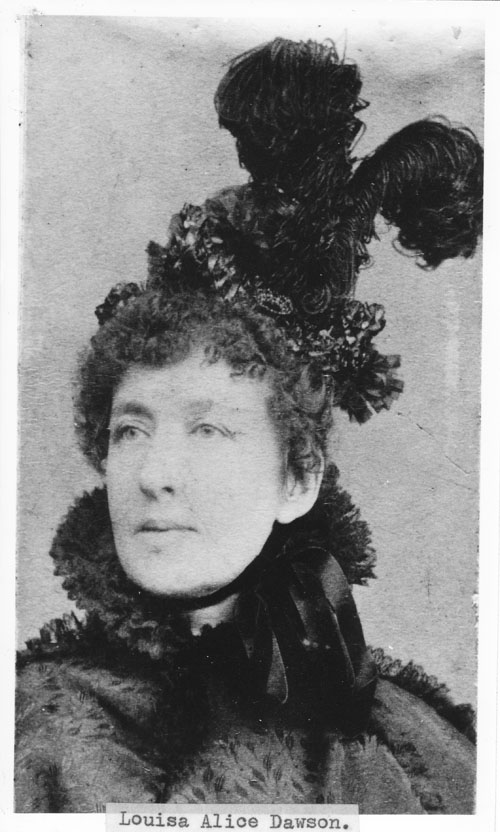-
Your shopping cart is empty!

Louisa Alice Baker spent much of her early life in New Zealand, settling in Christchurch with her missionary parents as a child. She married at 18, and had two children before moving to Dunedin (without her husband) and working at the Otago Witness. She wrote advice columns for children and women, starting a tradition that outlived both the Witness and her own presence in New Zealand.
She grappled with feminist issues very early on - many of her columns dealt with ideas about women marrying too young and for the wrong reasons, and then being compelled to live in the shadow of their husbands. Eventually, in 1894, she sailed to England to publish her first novel, and never returned, opting instead to stay there and make a life for herself as a writer. She continued to write stories set in New Zealand until the early 1900s, when her focus switched to European-set tales.
She was, as is so often the case for Victorian feminist writers, controversial. Te Ara says:
Baker was chided for painting 'portraits of women who trifle with the sacredness of marriage' instead of 'unblurred portraits of the ideal woman'. Nevertheless, she was recognised in New Zealand as 'A colonial George Eliot', and at the New Zealand and South Seas International Exhibition in Dunedin in 1925–26, 14 of her novels were on display in the women writers' section.
Wheat in the Ear, published in 1898, follows the story of young Joan Jeffries, known affectionately as "Johnnie". Joan struggles with the tension between wanting to be a woman of her own and make a life for herself, and the expectations of the people around her. The book addresses ideas of a woman's right to romantic and sexual love, and that that should not preclude her from also having intellectual satisfaction.
Leave a Comment